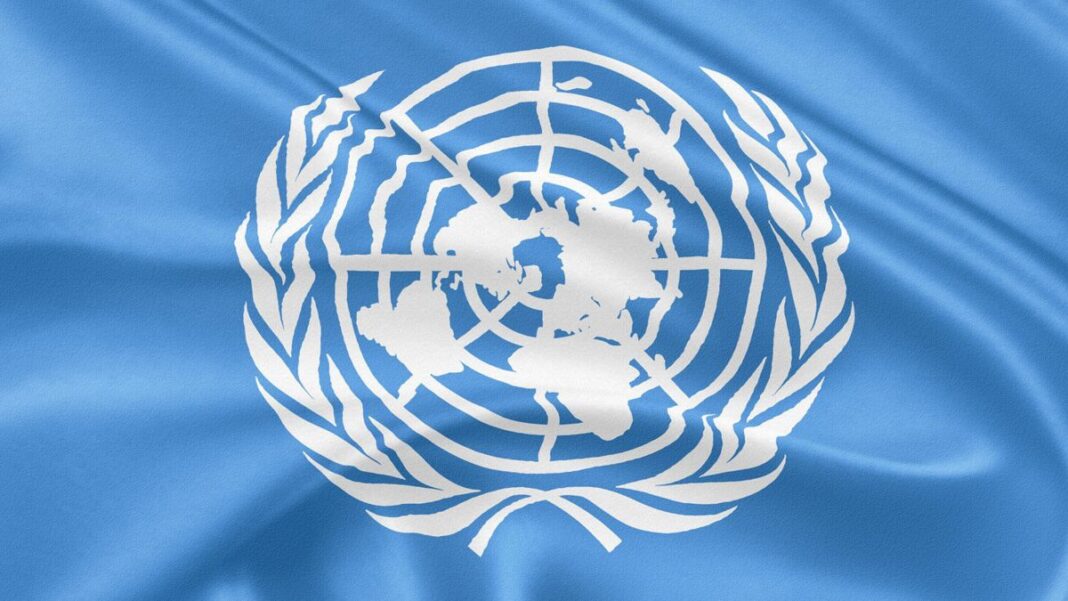The new pact ‘does nothing to advance U.S. interests,’ House Foreign Affairs Committee chairman says.
NEW YORK CITY—The United Nations and its member governments, with strong support from the Chinese Communist Party (CCP), adopted a landmark agreement last week to bestow the U.N. with more power and influence in global affairs.
The controversial agreement, known as the Pact for the Future, outlines 56 actions for governments and international institutions to take over the coming years.
Among the key provisions is “transforming global governance” and further empowering international institutions across a range of issues, including “sustainable development and financing for development,” as well as “science, technology and innovation, and digital cooperation.”
The pact includes a Global Digital Compact to restrict “misinformation” and “disinformation” and a Declaration on Future Generations that encompasses the 2030 Agenda climate goals that include the phase-out of fossil fuels.
It is also part of transforming the U.N. into what the organization is touting in promotional materials as “U.N. 2.0.”
U.N. leaders and top officials from the CCP celebrated the pact as a historic effort to create a better future for humanity and increase global cooperation on international problems.
“We can’t create a future fit for our grandchildren with systems built for our grandparents,” U.N. Secretary General António Guterres said.
Despite opposition from various quarters, the 193-member body adopted the pact by consensus on Sept. 22 at the Summit of the Future during the U.N. General Assembly after about nine months of negotiations.
In the days before the pact was adopted, a coalition of U.S. lawmakers and grassroots leaders held a press conference on Capitol Hill criticizing the agreement as an effort to undermine national sovereignty and freedom.
“We can’t give up any more of our sovereignty, any more of our geopolitical integrity, or any more of our economic integrity to foreign actors who have no concerns for the United States of America other than to take our power and money away,” said Rep. Andy Biggs (R-Ariz.), former leader of the House Freedom Caucus.
House Foreign Affairs Committee Chairman Mike McCaul (R-Texas) told The Epoch Times that the pact ignores the “malign influence of the CCP” within the global organization.
McCaul said that although the pact isn’t legally binding, “this 66-page pact is limitless in scope.”
“It calls for dramatically increased public spending and vague action on countless left-wing priorities,” he said.
“The pact also completely ignores the most urgent issues facing the U.N. today, like reforming UNRWA and combating malign CCP influence. It does nothing to advance U.S. interests.”
By Alex Newman







